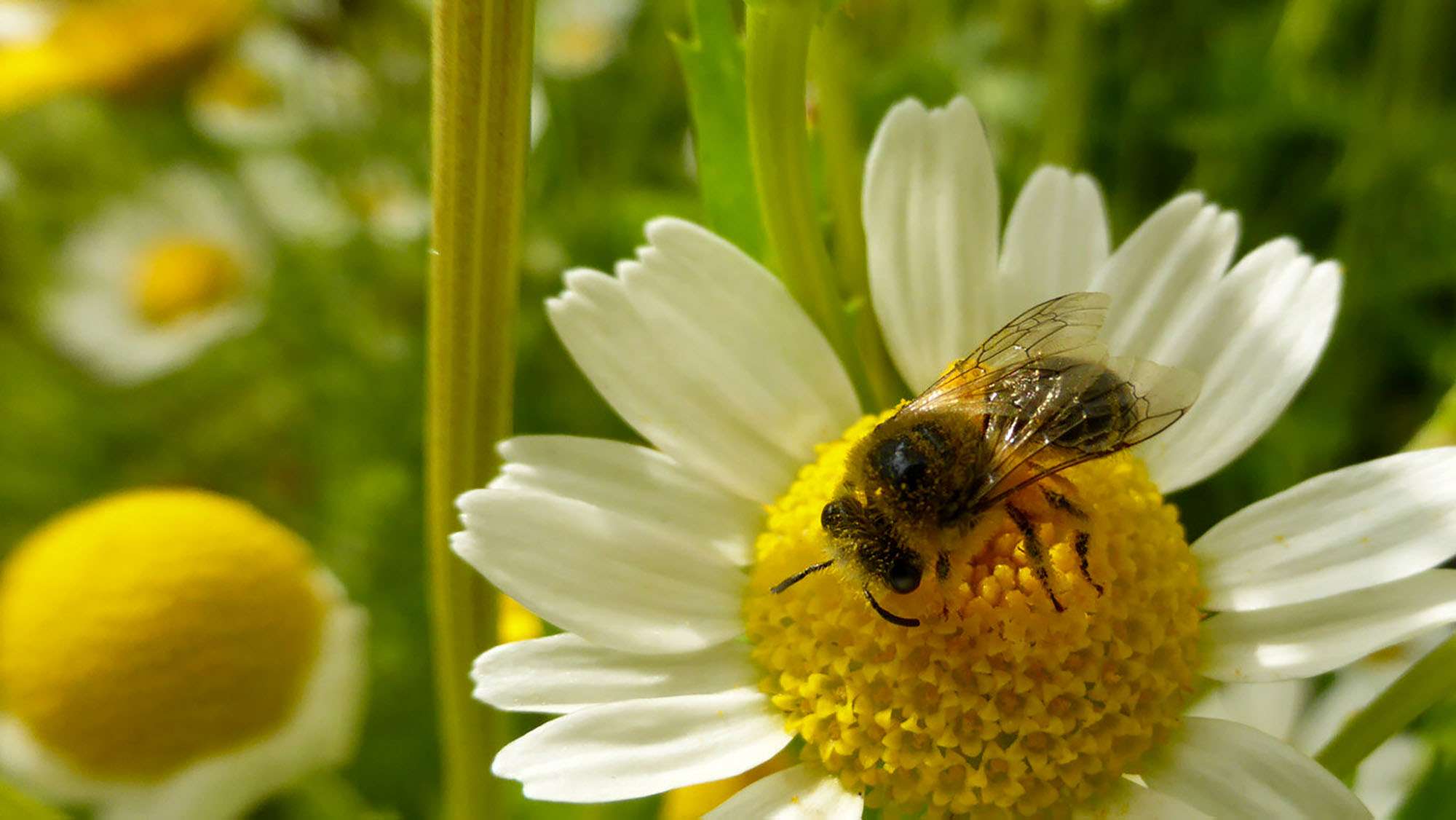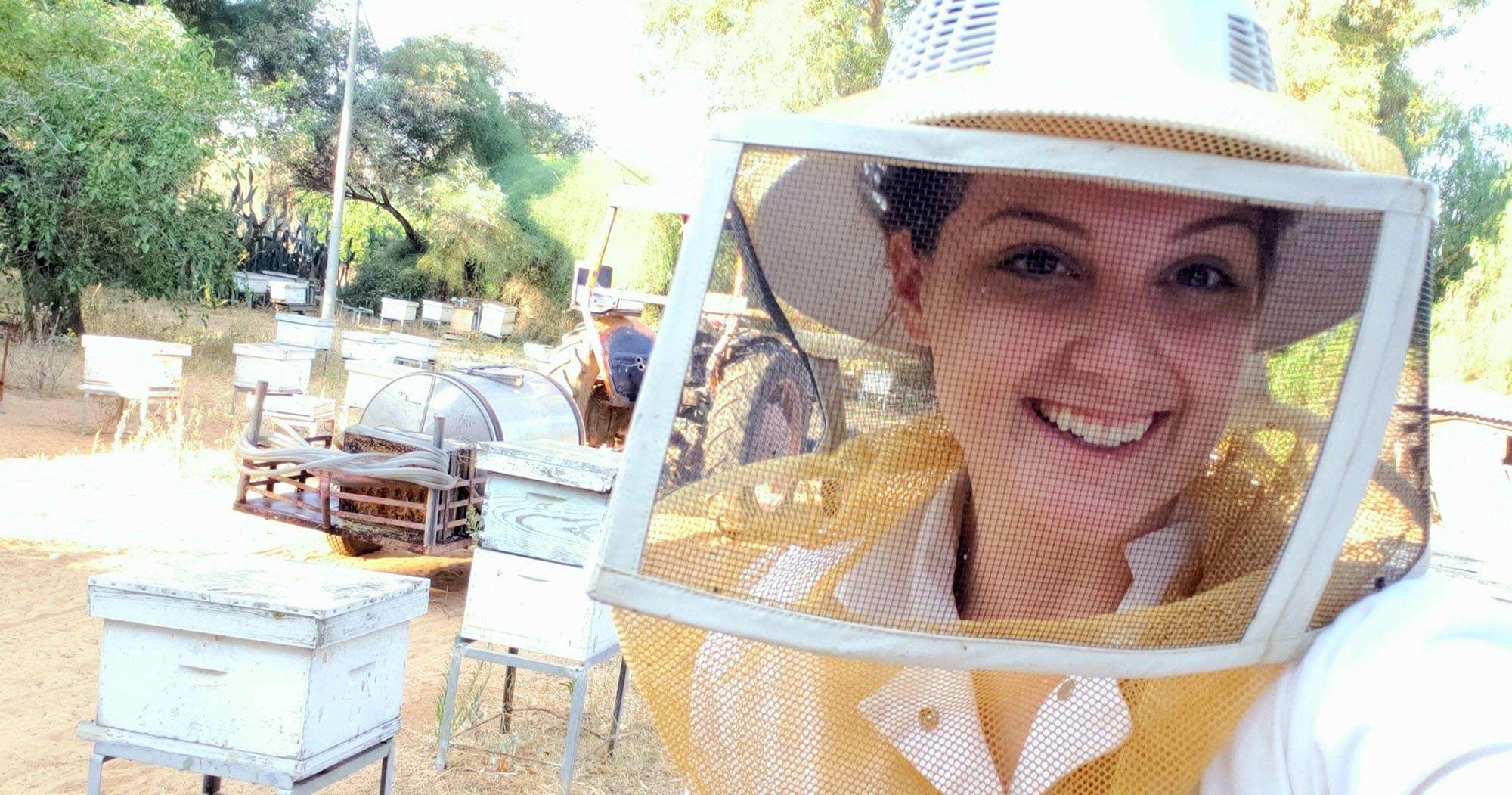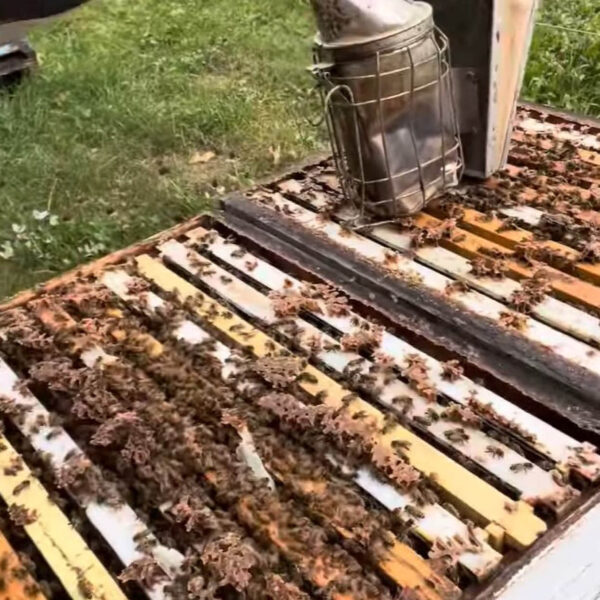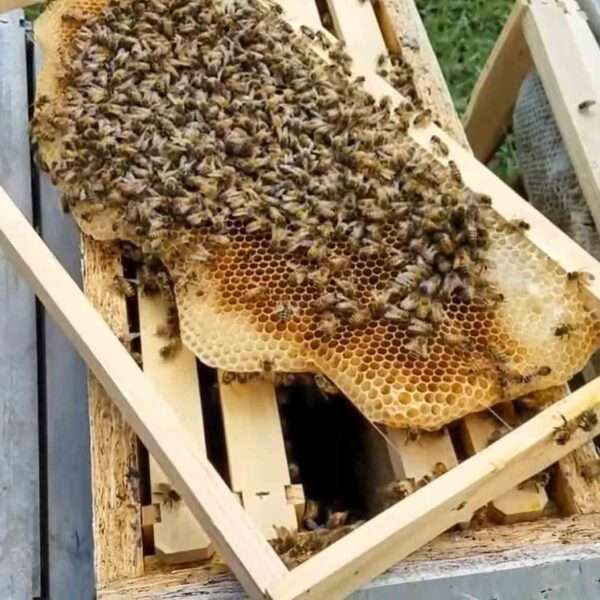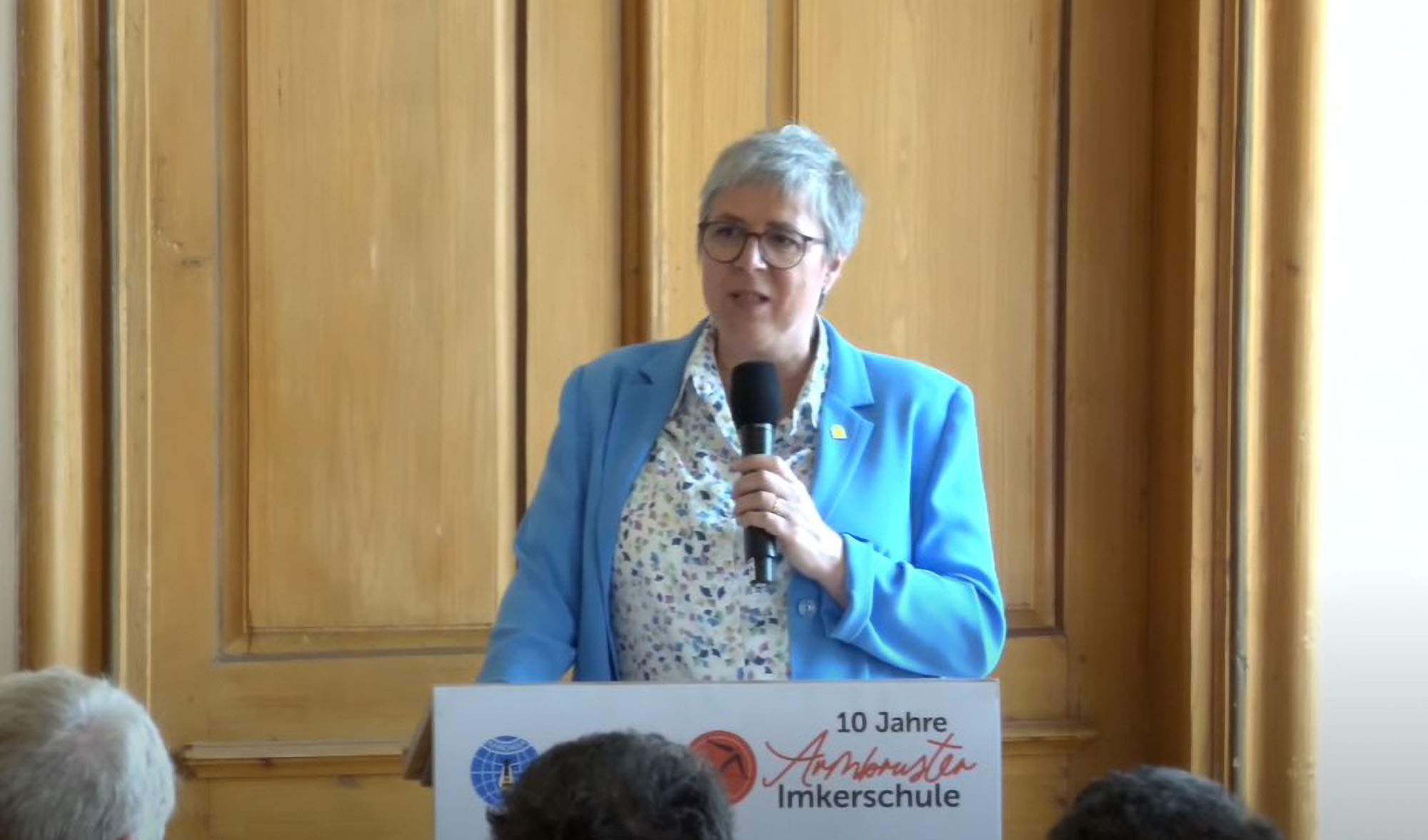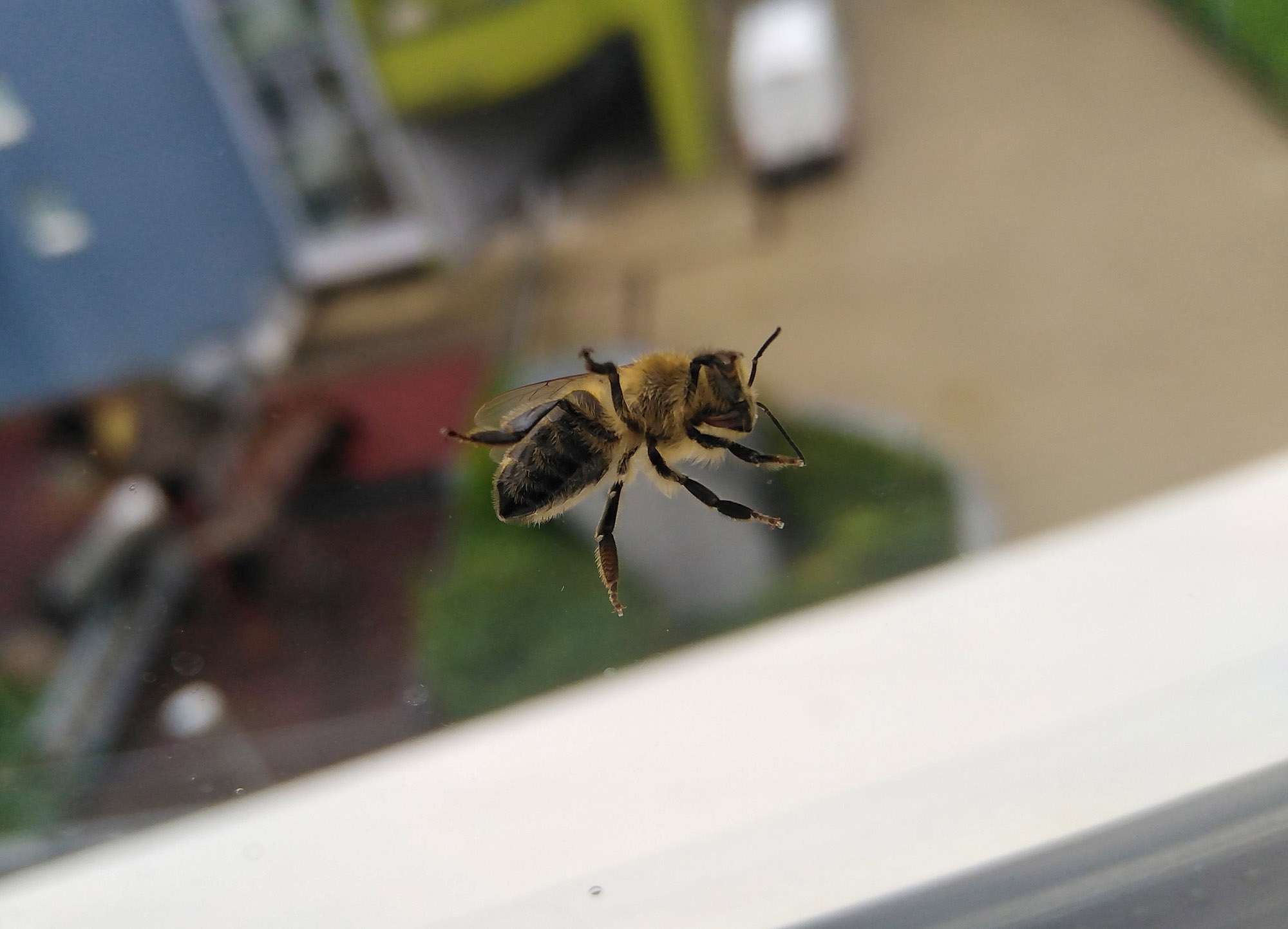Honeybees and other pollinators are substantially stabilising the production of food, according to an examination by scientists at Reading University.
Researchers found that there was significantly less variation in the yields of plants visited by honeybees and other pollinators compared to those grown in the absence of the social insects.
Dr Jake Bishop – who is a lecturer in Crop Science and Production at the University of Reading’s School of Agriculture, Policy and Development – led the study.
Dr Bishop said: “Our findings suggest that preserving pollinators provides a double benefit, reducing fluctuations in food supplies as well as boosting supplies in the first place.”
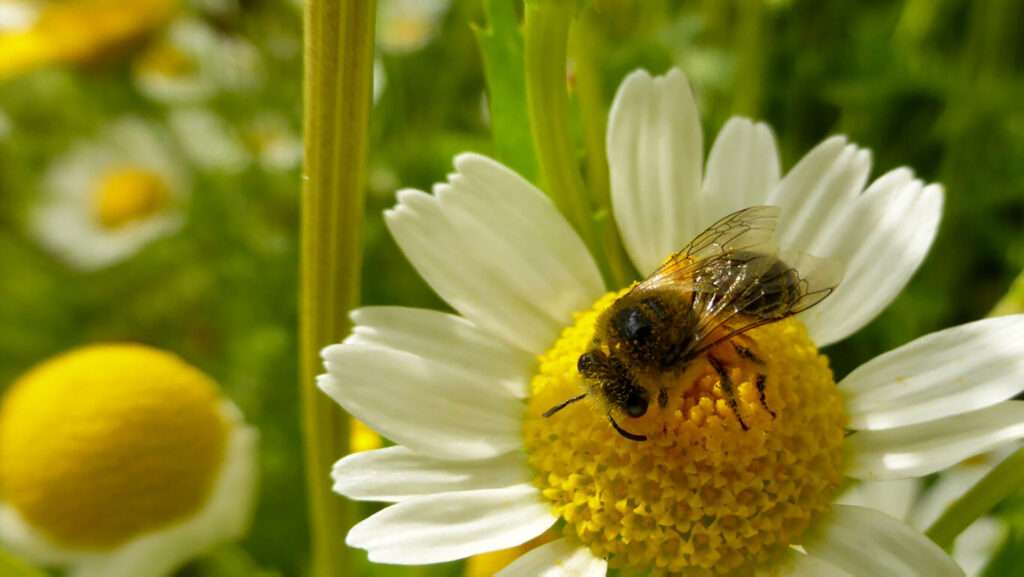
For their study which focuses on oilseed rape, apples and fava beans, the scientists combined the results of more than 200 previous analyses which compared the yield of crop plants with and without insect pollination.
They determined a 32-per-cent gap between yields of plants pollinated by bees and other insects and those grown without such activity.
Dr Bishop emphasised: “Stable and predictable production of nutritious food is a necessity for farmers and for global food security. We are seeing right now that instability or shocks across the food system can lead to dramatic increases in food price.”
Dr Bishop is part of the Reading Bee Team, a group of scientists who carry out research underlining the benefits pollinators provide for ecosystems and food production.
He added: “The research has revealed another reason why pollinators are so important to our planet, and to so many families who are struggling to feed themselves with sufficient, safe and nutritious food.”
The study entitled “Animal pollination increases stability of crop yield across spatial scales” has been published in the journal Ecology Letters.
Dr Bishop explained: “Around half of the experiments we analysed were testing the effect of real pollinator populations in real crop fields, so our results illustrate the benefits that pollinators are currently providing.”
While the western honeybee is known for its production of honey, solitary bees such as carpenter bees and mason bees are important pollinators too.
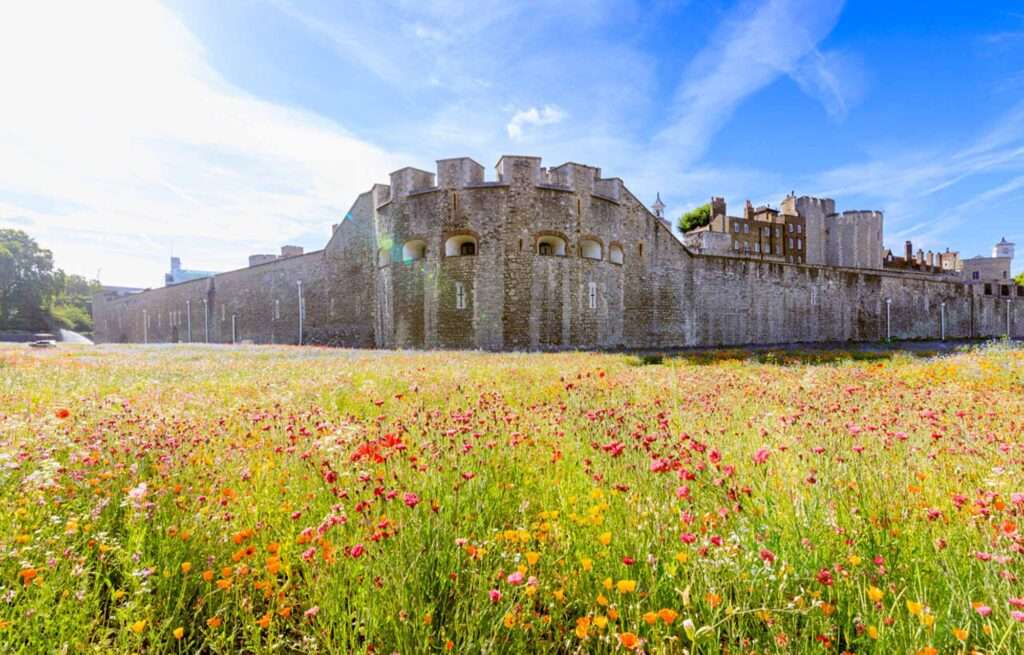
The United Kingdom’s agriculture businesses contributed around 0.5 per cent to the domestic economy last year.
Wheat, oats, barley and potatoes are the most common crop in Britain.
The University of Reading has been awarded the Queen’s Anniversary Prize for Higher and Further Education five times.
It received the 2021 edition of the award – which is the highest national honour for the country’s higher education institutions – for scientists’ work on the impact of and the adaption to climate change.

